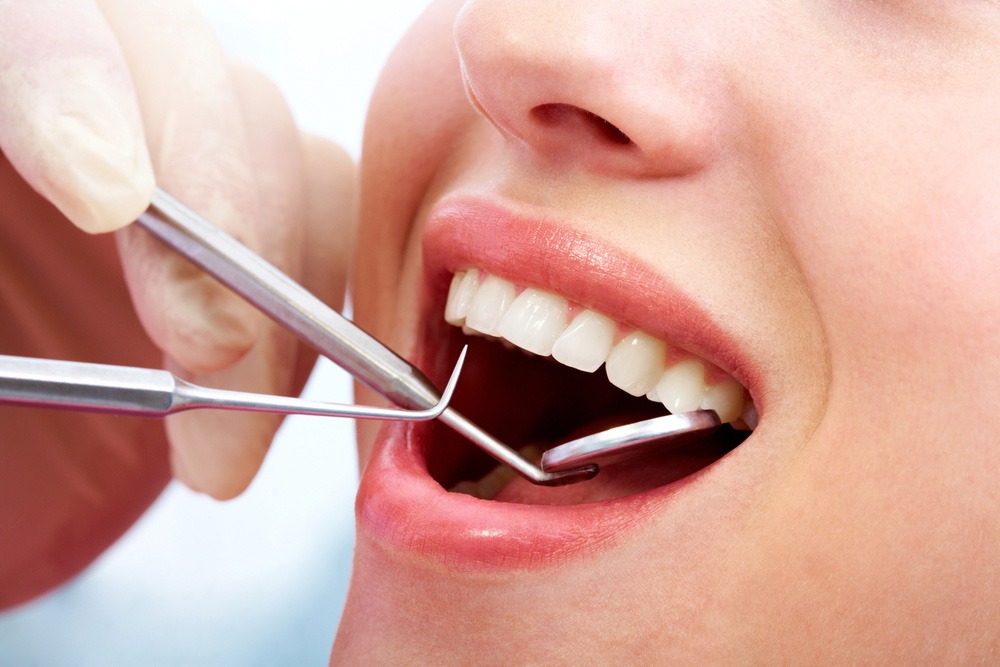
When plaque and tartar buildup become too much for routine cleaning, deep cleaning offers a solution. This specialized procedure is designed to target areas beneath the gumline, where bacteria can thrive.
Dental deep cleaning is important for more than just the removal of plaque and tartar. It helps reduce the risk of serious dental issues such as gum disease, tooth loss, and more.
If you are experiencing symptoms like bleeding gums or bad breath, it may be time to consider this procedure.
What Is Dental Deep Cleaning?
Dental deep cleaning is a more intensive version of the routine cleaning that removes plaque and tartar from below the gumline. It focuses on treating gum disease by addressing areas that regular brushing and flossing cannot reach.
This process involves scaling and root planing, which effectively reduces the pockets between your gums and teeth, promoting healing and gum reattachment.
The Dental Deep Cleaning Benefits
The benefits of dental deep cleaning go beyond a fresh feeling in your mouth. Regular cleanings target only the surface of your teeth, but dental deep cleaning treats the underlying causes of gum disease. If left untreated, gum disease can result in tooth loss and serious infections.
By removing plaque and tartar buildup below the gumline, deep cleaning helps to stop these issues before they start.
Some notable dental deep cleaning benefits include:
- Prevents Tooth Loss: Dental deep cleaning stops gum disease in its tracks. It helps reduce the progression of periodontitis, a severe form of gum disease that can lead to tooth loss.
- Improves Gum Health: This procedure reduces inflammation and bacteria in the gums, encouraging a healthier mouth. Gums begin to heal, reducing symptoms like bleeding or swelling.
- Reduces Bad Breath: Deep cleaning helps eliminate bacteria that contribute to bad breath, leaving your mouth feeling fresh and clean.
- Protects Tooth Roots: By removing harmful bacteria from the gumline, deep cleaning helps prevent damage to the roots of your teeth.
Scaling and Root Planing: How It Works
The procedure begins with scaling, which involves removing plaque and tartar from the surface of your teeth. The next step, root planing, smooths the surface of the tooth roots, which helps the gums reattach to the teeth.
Deep cleaning typically requires more than one visit, depending on the extent of gum disease. Local anesthesia may be used to minimize discomfort during the procedure.
The Potential Risks
While the benefits of dental deep cleaning are significant, it is important to consider the potential risks. Some discomfort or sensitivity is common after the procedure, but this usually resolves within a few days.
In rare cases, infection or nerve damage may occur. However, the risks are minimal, and most patients experience a quick recovery with proper aftercare.
Aftercare Tips for Dental Deep Cleaning
Post-procedure care is important for maximizing the benefits of deep cleaning. It is essential to practice good oral hygiene by brushing and flossing daily.
Avoiding extremely hot or cold foods can help reduce sensitivity in the days following the procedure. Regular check-ups with your dentist are also important to monitor the progress of your gum health.
Dental Deep Cleaning for Long-Term Oral Health
Galliano Family Dentistry focuses on long-term oral health through preventative dentistry in Baton Rouge. Our team of experts is committed to offering top-notch care for our patients. You can enjoy healthier gums and a brighter smile for years to come with our general dentistry services.
Schedule an appointment with us today to maintain your oral health with thorough dental exams and personalized treatment plans.
